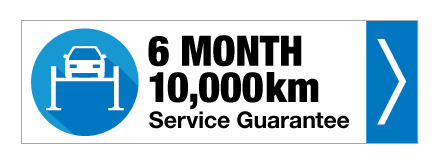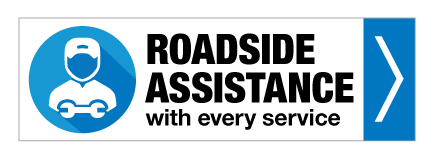If you’re buying a new car or already own one, you might be wondering whether the type of engine really affects your servicing needs, and the answer is yes. Petrol, diesel and hybrid vehicles each have their own unique components, wear patterns and maintenance requirements. Understanding these differences can help you better anticipate costs, protect your vehicle’s warranty and keep your car running at its best for longer.
Petrol Vehicles
Petrol engines are the most common on Australian roads. Their servicing requirements are generally straightforward, with a focus on:
- Engine oil and oil filter changes
- Spark plugs
- Fuel system cleaning
- Air filter replacement
- Cooling system checks
Petrol engines typically run quieter and cleaner than diesels, making maintenance easier and often more affordable. Servicing intervals are usually predictable, and most issues like spark plug wear, or oil breakdown, are detected early during routine inspections. When properly serviced, petrol engines deliver great reliability and fuel economy for everyday drivers.
Diesel Vehicles
Diesel engines are known for their strength, fuel efficiency and longevity, making them popular with tradies, 4WD enthusiasts and long-distance travellers. However, they require meticulous servicing because:
- Diesel engines operate under higher compression, putting more stress on components
- Fuel filters need more frequent replacement to prevent injector issues
- Diesel particulate filters (DPFs) require correct driving conditions and attention
- Injectors and turbochargers must be inspected regularly
Skipping or delaying diesel servicing can become costly quickly. Issues like clogged DPFs, contaminated fuel or injector wear can result in expensive repairs. With proper maintenance, though, diesel engines deliver outstanding power and durability.
Hybrid Vehicles
Hybrid vehicles combine petrol power with an electric motor and battery system. While many drivers think hybrids have little to service, that’s not the case. Hybrids still require:
- Regular oil and filter changes
- Cooling system maintenance for both engine and hybrid battery systems
- Brake system checks (hybrids use regenerative braking, so components last longer, but still need inspection)
- High-voltage system inspections performed by trained technicians
Hybrid systems are designed to be low-maintenance, but they contain specialised components that require expert knowledge. That’s why choosing a mechanic trained in hybrid servicing is important — especially as Australia sees more hybrid models hit the roads.
So, Which Is Cheaper to Service?
There’s no one-size-fits-all answer. Petrol vehicles are generally the most affordable to service, diesels can incur higher maintenance costs due to their complex fuel and emission systems, and hybrids may fall somewhere in between, depending on the level of expertise required.
The key takeaway? Regular servicing is essential no matter what you drive. Neglect increases long-term costs and can void warranty coverage in modern vehicles, especially those with advanced fuel, electrical and emissions systems.
Servicing with Auto Leaders
At Auto Leaders, we specialise in servicing all engine types, petrol, diesel and hybrid. Our qualified technicians are trained across new-car servicing standards and use high-quality parts to protect your engine and warranty.
When you choose Auto Leaders, you benefit from:
- Logbook servicing that keeps your warranty intact
- Expertise across everyday cars, 4WDs, hybrids and diesel vehicles
- Upfront pricing and transparent advice
- High-quality oils and parts
- Modern diagnostic tools & hybrid-safe servicing procedures
Whether you’re hitting the highway, towing a caravan, driving the kids to school or saving fuel in a hybrid, our team ensures your vehicle runs efficiently, safely and reliably.



